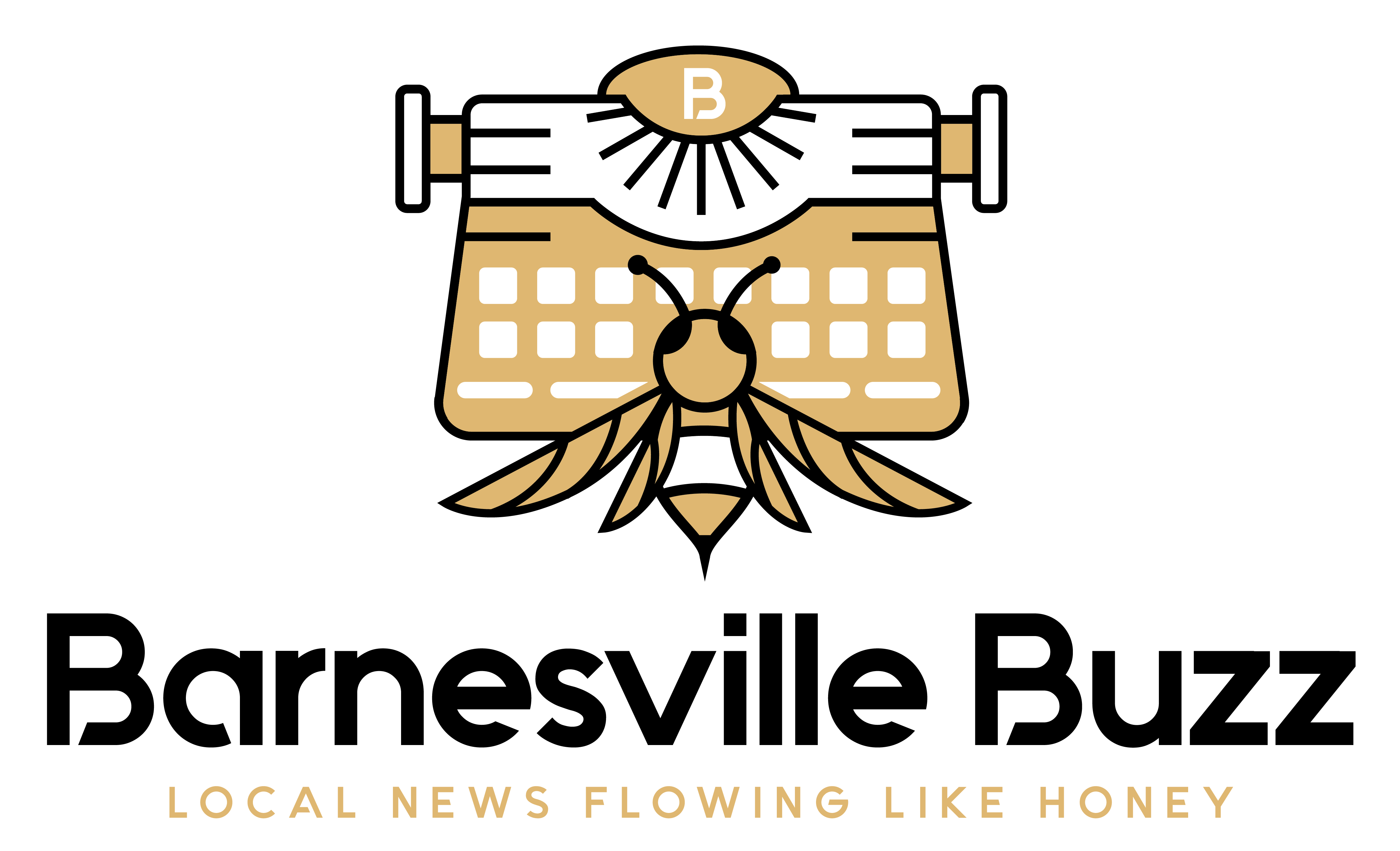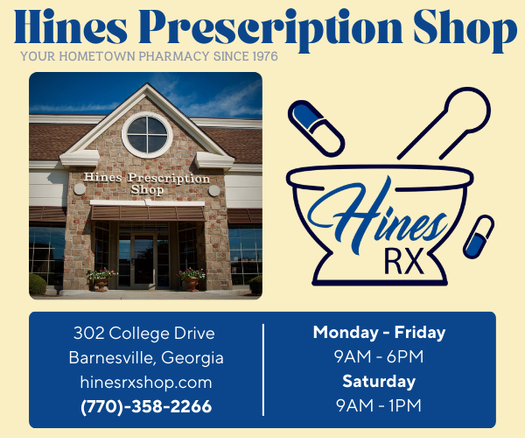
Nothing has transformed consumer habits in this generation quite like Amazon. We shop for gadgets, clothing, groceries, and more from our online shopping carts. We stream movies and TV shows through its entertainment platform. And now, thanks to a growing wave of television ads, many are discovering that Amazon has added yet another service to its empire: pharmacy.
It may come as no surprise that Amazon’s biggest jump in revenue growth came in 2020, a time when many were homebound due to the shadows cast by the COVID-19 Pandemic. This is the same year Amazon Pharmacy was launched after the company acquired PillPack in 2018. Amazon Pharmacy boasts competitive prices, an easy ordering process, and its acclaimed Prime two-day delivery. This seems like a convenient alternative to traditional pharmacies.

But should we hesitate to allow this singular corporation into another avenue of our lives? I think so.
Behind the offers of convenience, there are concerns about price transparency, health concerns, and the impact on local independent pharmacies. Many in the industry wonder whether Amazon’s entry into the prescription market is truly in the best interest of consumers—patients.
To better understand the complexities of this issue, I spoke with Tyler Young, a licensed pharmacist and owner of Hines Prescription Shop in Barnesville. With 12 years of experience in the pharmacy industry, Young offers his expertise on how Amazon Pharmacy works, its possible flaws, and why local pharmacies like Hines may offer advantages that no online service can provide.
What does Amazon Pharmacy do?
The option of medications shipped directly to your doorstep with Prime-member discounts seems like an appealing alternative to waiting in line at the drugstore. If you do a little research, you will find that Amazon’s services are not as novel or convenient as they make them out to be.
Amazon Pharmacy is a mail-order pharmacy—something that has existed for decades through insurance-run services like Express Scripts, OptumRx, and Caremark. Some people use these services because their insurance companies push them toward their own mail-order system. Young commented, “I am not a fan when insurance companies mandate that you use their mail order facility instead of a local pharmacy.” In reality, Amazon is not rethinking the industry. Instead, it is leveraging its established logistics system—renowned and successful as it is—to introduce itself into the market.
Safety Concerns
Amazon Pharmacy may have some risks, according to Young. “I believe the mail order pharmacies are staffed by great people who are just doing their job,” he said, “but I do see a few problems with mail order.” One of his biggest concerns is delays. Amazon relies on standard prescription processing times. Unlike ordering books or beauty products with next-day delivery, prescriptions may not be as instant due to many factors.
What if your lifesaving medication is delayed?
“I have seen firsthand how mail delays can cause real problems for patients. Many times those people come to independent pharmacies to get a short supply of medication that their doctor ordered to get them through until the mail comes.”
Climate issues are also worth considering. Young explained, “In the South, we are subject to rather extreme changes in temperature throughout the year. We can have over 100-degree days in July and August, and then have days in the teens in the winter. It’s difficult to protect against those temperature changes.”
Many medications are shipped in regular boxes. “When left unprotected in the heat or cold, [medications] may experience some level of degradation (meaning less effective),” Young added. He also mentioned that some medications shipped in coolers can pose similar problems for patients if they are accidentally delayed by a day or two.
Another potential problem with Amazon Pharmacy is limited access to counseling. Young described pharmacists as “your most accessible healthcare team member,” explaining how medications work, possible side effects, and how they interact with other medications, allergies, and dosing errors.
Elaborating on this idea, he explained, “The public may not know this, but the schooling to become a pharmacist is really intense.” Tyler Young graduated from the University of Georgia College of Pharmacy with a Doctor of Pharmacy degree. “We have more pharmacology education (how the medications work in your body) than any other healthcare provider.”
Mail-order pharmacists can sometimes be difficult to reach for medication counseling, especially for elderly patients who are often less tech-savvy. Sometimes, these people still contact their local pharmacy, even though it did not fill the prescription, which Young said “is perfectly fine,” but acknowledged that without full access to a patient’s medication history, giving the best advice can be challenging.
An Uneven Playing Field
While independent pharmacies like Hines work hard to provide personalized services and competitive pricing, they face a major challenge when competing with large corporations: pharmacy benefit managers (PBMs). PBMs control drug pricing and reimbursement rates between insurance companies and pharmacies. Young explained that independent pharmacies rely on fair payments to keep their businesses running, but right now, that isn’t always happening.
Many large corporate pharmacies own the very PBMs that set reimbursement rates, allowing them to pay their own pharmacy affiliates more while cutting payments to independent competitors. “This makes it even more challenging to compete,” Young said.
Corporate pharmacies also have massive buying power, meaning they can negotiate lower prices from wholesalers, further widening the gap between large corporations and locally owned pharmacies. Young reflected, “The current business of community pharmacy is hard. Margins are tight, and we desperately need pharmacy benefit manager reform at the state and federal levels.”
A recent report highlighted the vast pricing disparities between independent pharmacies and chain pharmacies and how they are reimbursed for the same medications. For a deeper look at this report, readers are free to analyze the data here: SHBP PRICING DISPARITIES.
A Case for Independent Pharmacies
Independent pharmacies like Hines offer personalized care, which is something that no corporate giant can attempt. When you call the store, you speak with a real person, bypassing annoying chatbots and phone menus. “We try to learn your name and greet you every time you come in,” Young said of his business. Customers receive direct attention from pharmacists who are familiar with their medical history.
Local pharmacies are also highly accessible, more so than Amazon. Hines has short wait times because the pharmacy is properly staffed and structured to provide efficient service. Hines even offers same-day, free delivery within Lamar County on weekdays for orders placed before noon, a service with which Amazon can’t compete. Urgent medications need to be delivered much faster than two days!
Also, Hines offers custom medication solutions that Amazon can’t provide. Young explained, “We compound custom medications that are ordered by your doctor or healthcare provider. This includes things like hormone replacement therapy and special pain creams.” In addition, their prescriptions include monthly packaging to help patients manage medication regimens, reducing the risk of missed doses or confusion.
What about prices? Young said, “We offer fair competitive prices for those without insurance or when the insurance copay is simply too high.” Another convenient service that Hines offers is walk-in vaccinations with no appointment necessary.
Beyond these services, independent pharmacies invest in their communities. As Young put it, “You won’t see an Amazon banner at the Recreation Department or your high school fields, but I promise there is a Hines one there.” By choosing a local pharmacy, consumers aren’t just filling prescriptions. They’re supporting a business that gives back to the people they serve.
So, the next time you need a prescription filled, skip Bezos and call someone who actually knows your name.
If you really want Amazon involved in your medical life, just say:
“Alexa: What’s the phone number and address for Hines Prescription Shop in Barnesville?“
Because when it comes to your health, some things are better handled by our own folks.
Grant Turner is the editor of the Barnesville Buzz and an educator, coach, and writer based in Barnesville, Georgia. He shares stories that bridge community, faith, and personal growth. In addition to teaching and coaching, Grant is Director of Musical Worship and a Sunday School teacher at New Hope Baptist Church in Zebulon, Georgia. He lives in Barnesville with his wife, Haley.













